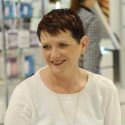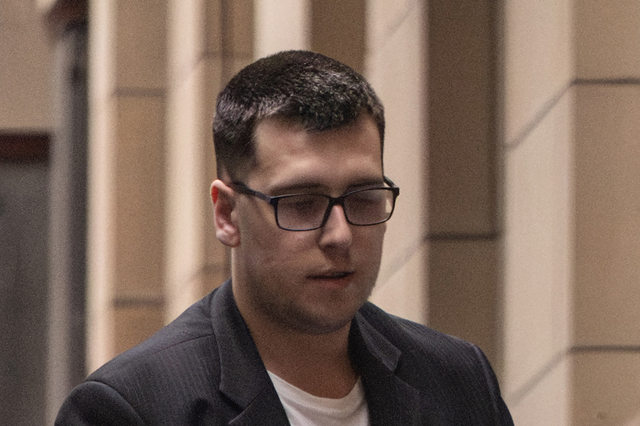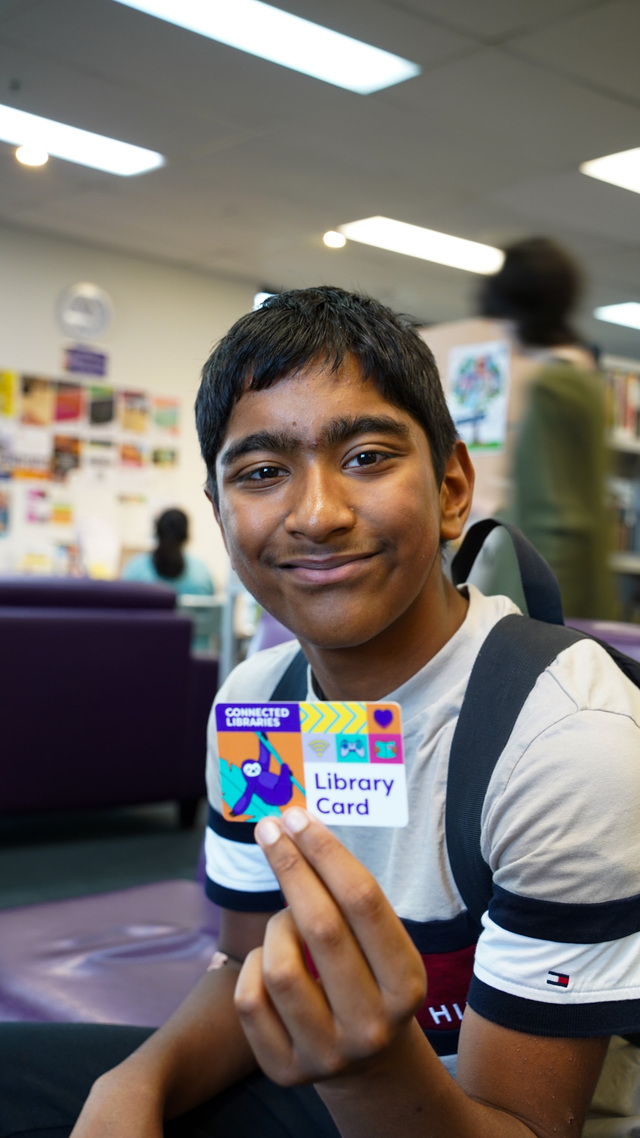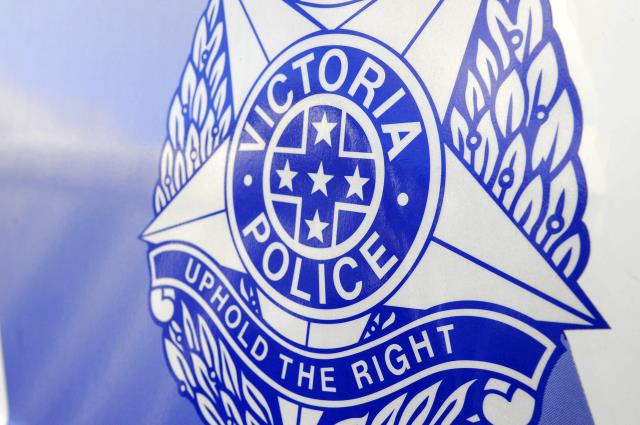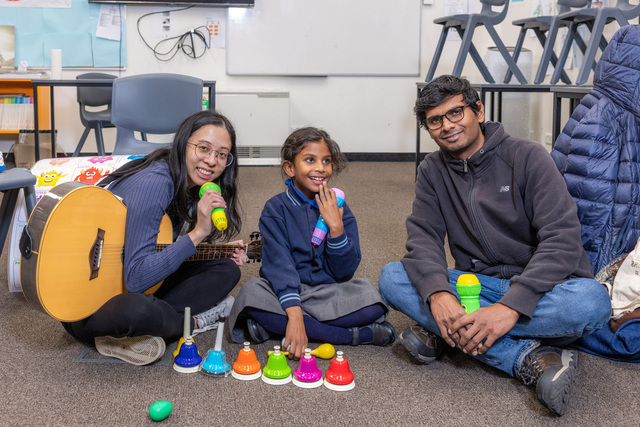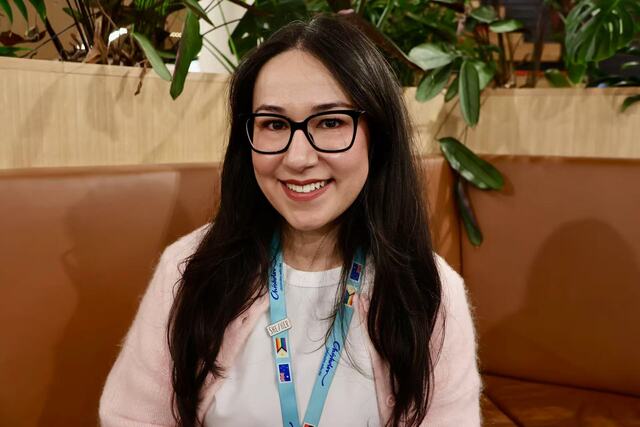By Victoria Stone-Meadows
A knowledge gap in the way advanced breast cancer is diagnosed and treated is leading to death of younger women, according to Cranbourne North resident Tracey Ryan.
Ms Ryan was diagnosed with stage four breast cancer in February 2010 and since then has spent her time working hard to raise awareness of how late stage cancers are treated differently to early stage cancers.
“We are the forgotten people,” she said.
“Everything about breast cancer is about early detection and that is great and for people to be cured, but for people with advanced cancer, we have been forgotten.”
Ms Ryan said she had spent thousands of dollars on her own treatment and large portions of her time were spent working with other people in her situation who needed support.
“There is not enough support for people like us unless you do it on your own,” she said.
Ms Ryan is also involved with a support network for young women diagnosed with breast cancer called Young Pink Sisters.
She says that concerns about breast cancer in younger women are often overlooked by medical professionals and not many people in the community are aware of the impact of late stage breast cancer.
Statistics released by the National Breast Cancer Foundation found that 59 per cent of people incorrectly believing or are not aware whether stage four can be successfully treated.
“This is happening to younger girls more, where doctors are palming them off or not taking young girls seriously,” Ms Ryan said.
“18 and 21-year-old girls are dying because doctors have said they are ‘too young’; women who have fallen pregnant and found a lump have doctors attributing that to the pregnancy.”
“What a lot of people don’t seem to grasp is there is no ‘category’ and anyone can get it, men get it.”
“Across the board, doctors have to pay more attention when women come in with a lump, they must take it seriously.”
Ms Ryan and the Young Pink Sisters want to see a big shift in the way breast cancer is taught about in schools and the way patients are treated.
The group are calling more awareness around late stage breast cancer, teaching students how to check for lumps in sex education and better access to treatments and therapies once diagnosed.
“Most of all we want to be treated as people – there are no stats taken for late stage breast cancer,” Ms Ryan said.
“There are heaps for early stage but not any for late stage until you die – then you just become a form of death.”

